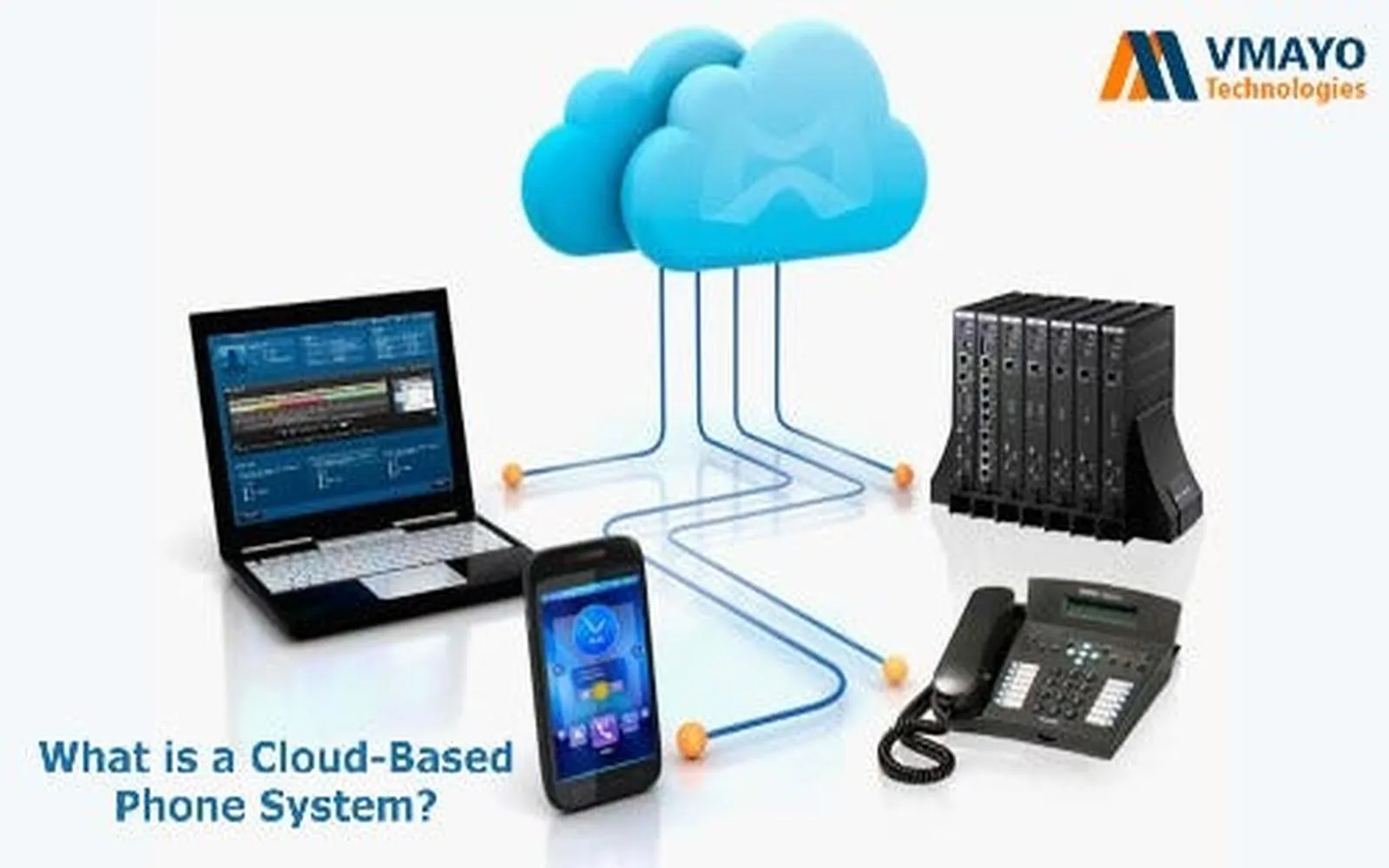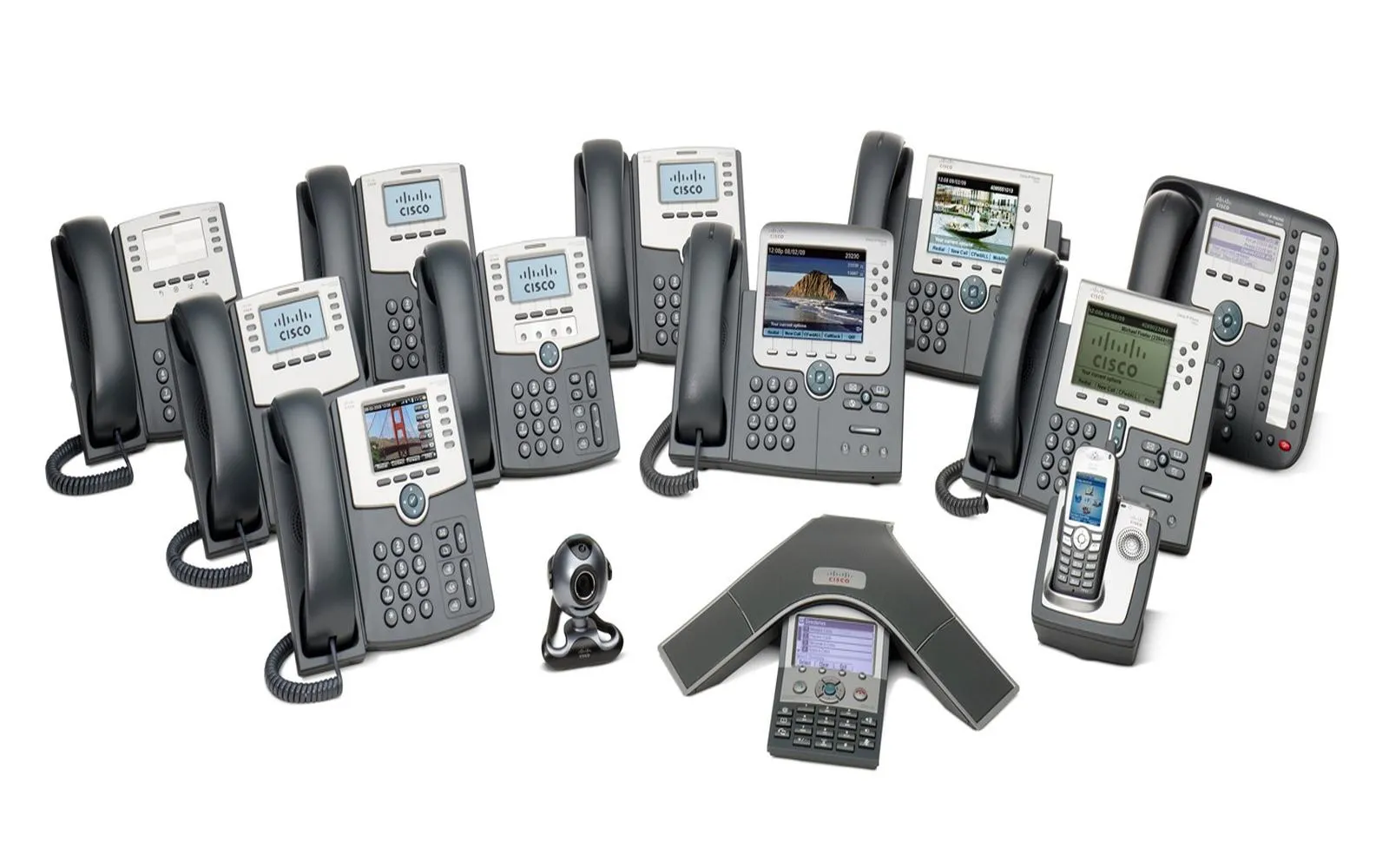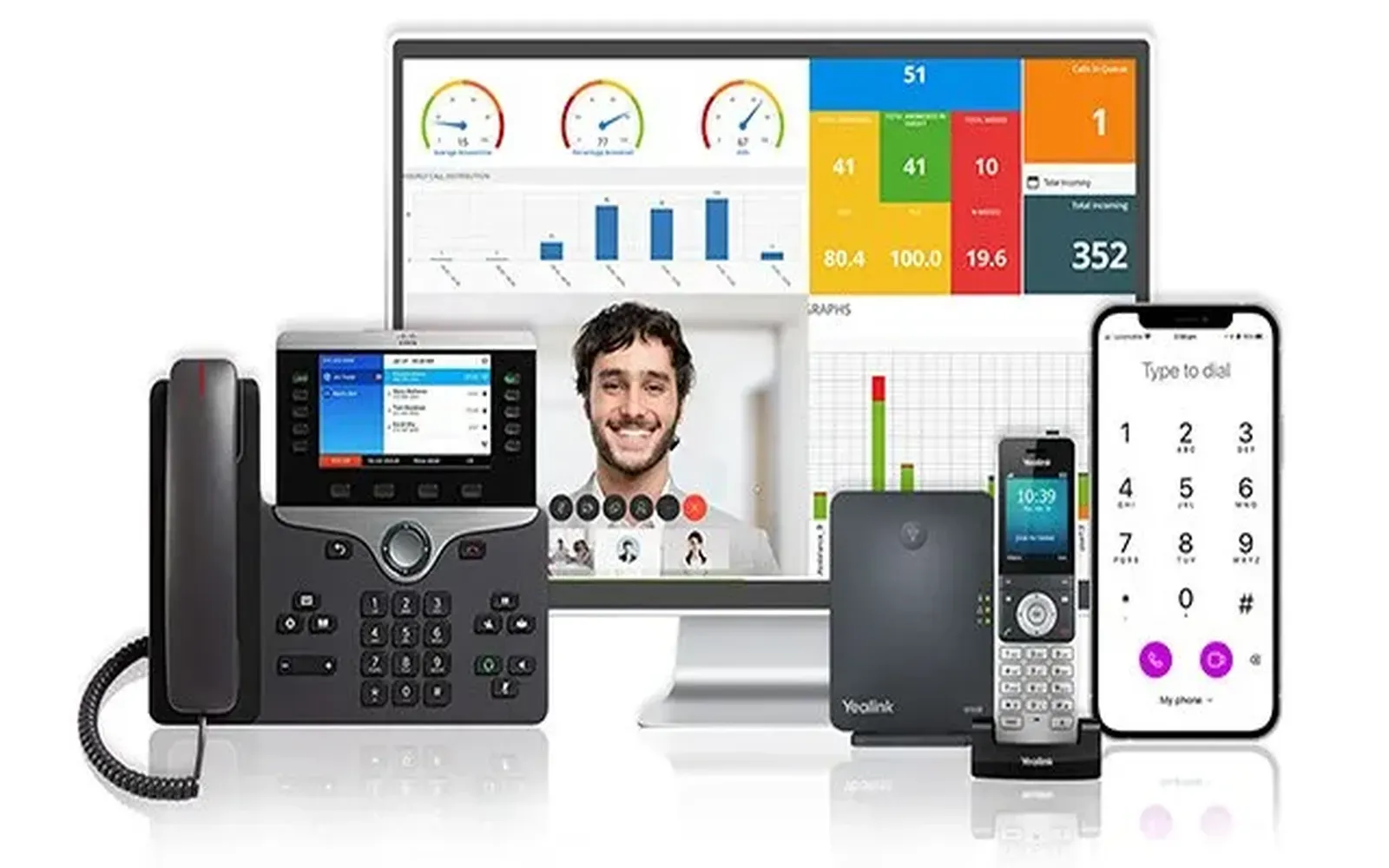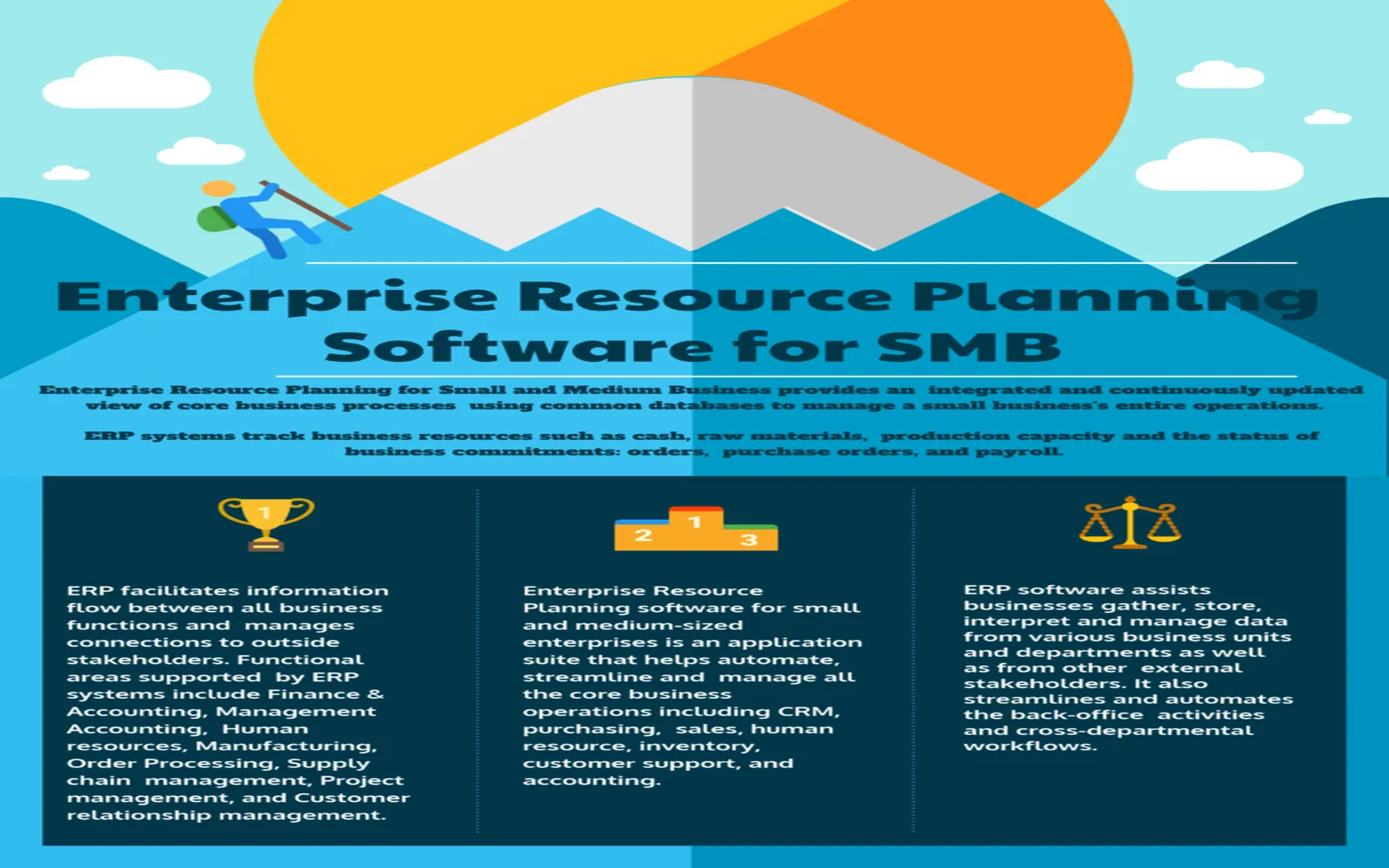As we venture into 2025, small businesses are increasingly recognizing the importance of having robust and efficient communication systems. In a world where remote work and global connectivity are becoming the norm, investing in the right business phone systems is crucial. This comprehensive guide explores the top phone solutions for small businesses in 2025, helping you make an informed decision.
1. VoIP Business Phone Systems
Voice over Internet Protocol (VoIP) has revolutionized how small businesses communicate. With VoIP, you can make calls over the internet, eliminating the need for traditional phone lines. Key benefits include:
- Cost-Efficiency: VoIP services often come at a fraction of the cost of traditional phone systems.
- Scalability: Easily add or remove lines as your business grows.
- Advanced Features: Enjoy features like call forwarding, voicemail-to-email, and video conferencing.
Popular VoIP providers include RingCentral, Nextiva, and Grasshopper, each offering unique features tailored for small businesses.
2. Cloud-Based Phone Systems
Cloud-based phone systems are similar to VoIP but offer even more flexibility. These systems store data and applications on the cloud, allowing users to access them from anywhere. Benefits include:
- Accessibility: Employees can work from any location with an internet connection.
- Disaster Recovery: Data is stored in the cloud, safeguarding against local failures.
- Integration: Easily integrate with other cloud-based applications, enhancing productivity.
Providers such as 8x8 and Vonage offer cloud-based solutions that are perfect for small businesses looking to enhance their communication capabilities.
3. Unified Communications as a Service (UCaaS)
UCaaS combines various communication tools into a single platform, including voice, video, messaging, and collaboration software. This system streamlines communication, providing numerous advantages:
- Improved Collaboration: Teams can communicate seamlessly, regardless of location.
- Cost Savings: UCaaS eliminates the need for multiple communication tools, reducing overall expenses.
- Flexibility: Scale your communication needs up or down with ease.
Top UCaaS providers include Microsoft Teams, Cisco Webex, and Zoom, each offering comprehensive solutions for small businesses.
4. Mobile Business Phone Solutions
As more employees work remotely or on-the-go, mobile business phone solutions have become essential. These solutions allow business owners to manage communication directly from their smartphones. Key features include:
- Call Management: Handle calls directly from your mobile device while keeping your personal number private.
- Text Messaging: Send and receive business texts, enhancing customer engagement.
- App Integration: Sync with other business applications for streamlined workflows.
Providers such as Ooma and Sideline offer mobile-friendly solutions that cater to the needs of small businesses in 2025.
5. Hybrid Phone Systems
Hybrid phone systems combine the benefits of traditional and modern communication methods. These systems allow businesses to maintain existing phone lines while integrating newer technology. Advantages include:
- Flexibility: Choose the best communication methods for your business needs.
- Cost-Effectiveness: Gradually transition to modern systems without losing existing functionality.
- Customization: Tailor the system to fit your specific requirements.
Small businesses can consider options like ShoreTel and Avaya for hybrid phone system solutions.
6. Key Features to Consider
When selecting a business phone system, it's essential to consider the following key features:
- Call Quality: Ensure the provider offers high-definition voice quality.
- Customer Support: Look for providers with reliable customer service to assist with any issues.
- Analytics: Access call analytics to monitor performance and improve efficiency.
- Security: Choose systems that prioritize data security to protect sensitive information.
7. Cost Considerations
Pricing can vary significantly depending on the features and services you choose. Here’s a general breakdown of what to expect:
| Phone System Type | Monthly Cost (Approx.) | Notes |
|---|---|---|
| VoIP | $20 - $50 per user | Cost-effective for small teams. |
| Cloud-Based | $25 - $60 per user | Offers flexibility and scalability. |
| UCaaS | $30 - $70 per user | Includes multiple communication tools. |
| Mobile Solutions | $10 - $40 per user | Ideal for remote workers. |
| Hybrid | $40 - $80 per user | Combines old and new technologies. |
Conclusion
In 2025, small businesses have an array of options when it comes to business phone systems. From VoIP to UCaaS, the right solution can enhance communication, drive productivity, and ultimately contribute to your business's success. Evaluate your unique needs, consider the features discussed in this guide, and choose a system that aligns with your goals. The future of business communication is here, and it's time to embrace it.









